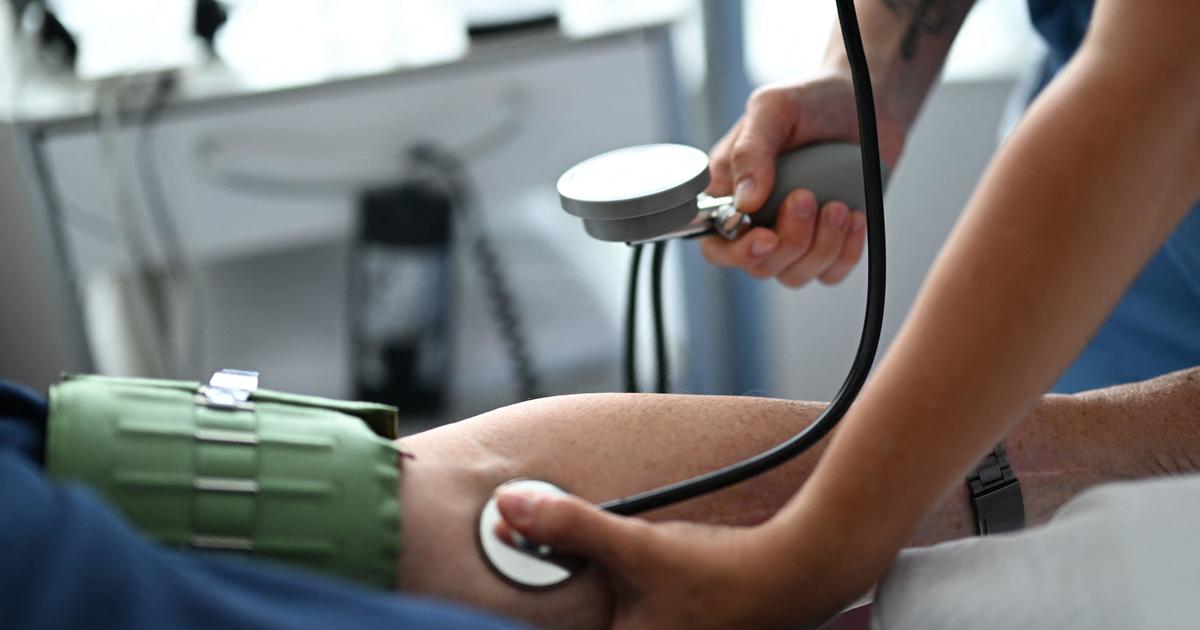Researchers One Step Closer To Detecting Brain Disease 'CTE' While Patients Are Still Alive
NEW YORK (CBSNewYork) – The degenerative brain disease known as CTE has been making headlines lately, most recently when former New England Patriots' tight end Aaron Hernandez was found to have it after he committed suicide at age 28.
As CBS2's Dr. Max Gomez reports, researchers have made a new discovery that might help doctors diagnose CTE before it progresses to that point.
Right now, the only way to definitively diagnose CTE is postmortem, when researchers can look at a brain autopsy. Doctors would like to have a way to diagnose – or even tell who's at risk – while they're still alive.
That may now be one step closer.
After nine years in the NFL, Tom McHale battled depression and abused pain killers. He died of a drug overdose at 45.
"In all the years of Tom struggling, it never occurred to us in a million years that it had anything to do with any injuries he had sustained playing football," McHale's wife, Lisa, says.
She donated her husband's brain to scientists at Boston University of Medicine who found he had chronic traumatic encephalopathy, or CTE. In fact, a recent BU study found that nearly all of the NFL players whose brains had been donated showed signs of CTE.
But what doctors want is a way to diagnose CTE, or risk for the disease, not from behavior or from an autopsy but in a living person before the disease becomes advanced and debilitating.
"The biomarkers can be imaging biomarkers by performing a scan of the brain. And then there are biochemical biomarkers," says Dr. William Barr, with NYU Langone Health's Concussion Center.
The BU researchers have taken an important first step in that direction. In a study in the journal PLOS One, they found a protein biomarker that was significantly elevated in the brains of CTE victims.
Brain experts say this is very preliminary, but they see a future where CTE biomarkers could be used to identify those who are at risk for the disease.
"Perhaps some people with certain profiles in terms of their biochemistry would be encouraged to discontinue their participation in contact sports like football," Barr says.
The real Holy Grail of this research, though, would be "developing some kind of treatment that could be given to those that do play that sport that would arrest the development of this condition."
Barr, who is collaborating with the Boston scientists on CTE research, emphasizes that this is still very preliminary and they're a long way off from figuring out who's most at risk for CTE and, unfortunately, even further off from finding a treatment for the degenerative brain damage.



